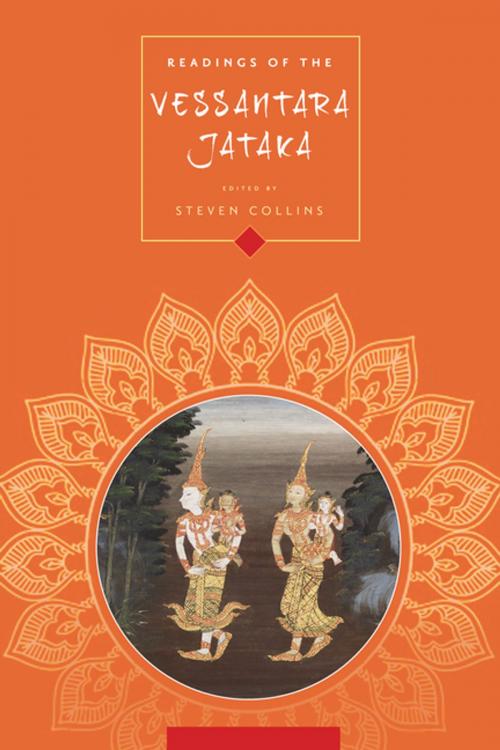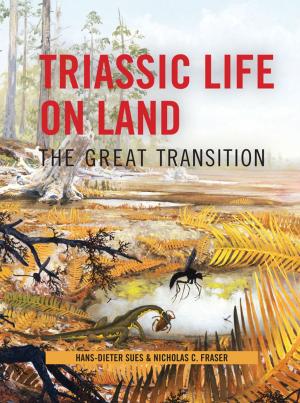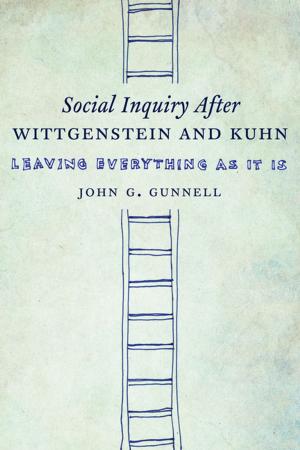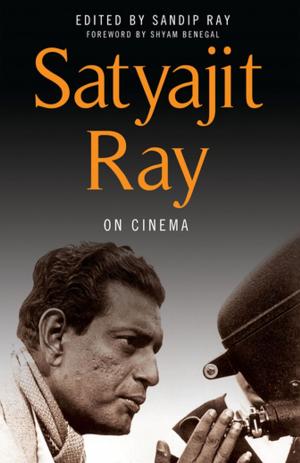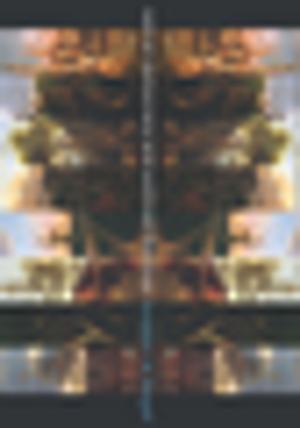Readings of the Vessantara Jātaka
Fiction & Literature, Literary Theory & Criticism, Asian, South & Southeast Asian, Nonfiction, Religion & Spirituality, Eastern Religions, Buddhism, Philosophy| Author: | ISBN: | 9780231541008 | |
| Publisher: | Columbia University Press | Publication: | March 29, 2016 |
| Imprint: | Columbia University Press | Language: | English |
| Author: | |
| ISBN: | 9780231541008 |
| Publisher: | Columbia University Press |
| Publication: | March 29, 2016 |
| Imprint: | Columbia University Press |
| Language: | English |
The Vessantara Jataka tells the story of Prince Vessantara, who attained the Perfection of Generosity by giving away his fortune, his children, and his wife. Vessantara was the penultimate rebirth as a human of the future Gotama Buddha, and his extreme charity has been represented and reinterpreted in texts, sermons, rituals, and art throughout South and Southeast Asia and beyond. This anthology features well-respected anthropologists, textual scholars in religious and Buddhist studies, and art historians, who engage in sophisticated readings of the text and its ethics of giving, understanding of attachment and nonattachment, depiction of the trickster, and unique performative qualities. They reveal the story to be as brilliantly layered as a Homeric epic or Shakespearean play, with aspects of tragedy, comedy, melodrama, and utopian fantasy intertwined to problematize and scrutinize Theravada Buddhism's cherished virtues.
The Vessantara Jataka tells the story of Prince Vessantara, who attained the Perfection of Generosity by giving away his fortune, his children, and his wife. Vessantara was the penultimate rebirth as a human of the future Gotama Buddha, and his extreme charity has been represented and reinterpreted in texts, sermons, rituals, and art throughout South and Southeast Asia and beyond. This anthology features well-respected anthropologists, textual scholars in religious and Buddhist studies, and art historians, who engage in sophisticated readings of the text and its ethics of giving, understanding of attachment and nonattachment, depiction of the trickster, and unique performative qualities. They reveal the story to be as brilliantly layered as a Homeric epic or Shakespearean play, with aspects of tragedy, comedy, melodrama, and utopian fantasy intertwined to problematize and scrutinize Theravada Buddhism's cherished virtues.
